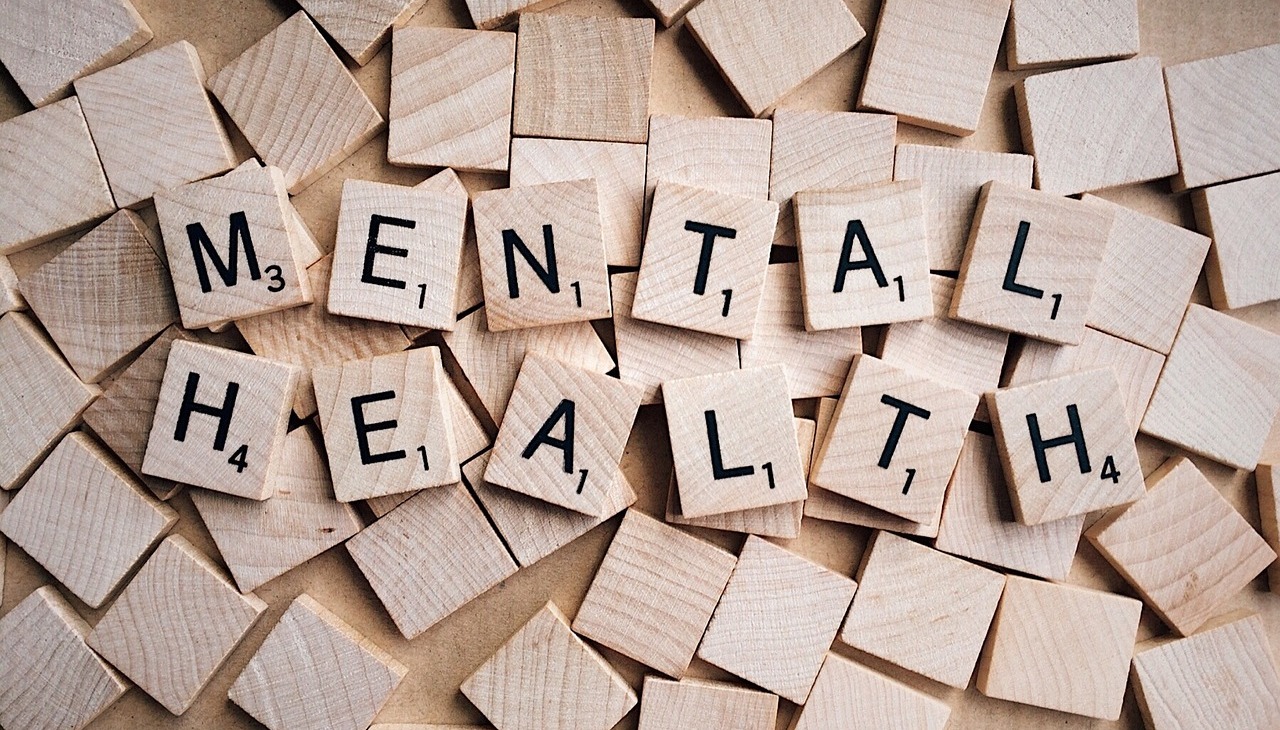
Survey reveals the main concerns of university students in 2023
Mental health, recession, and mass shootings top the list.
A U.S. study of more than 1,200 college students and led by TimelyMD, the leading virtual health and wellness provider in higher education, shows sustained high levels of mental health challenges and awareness as college students beginning in the Spring semester.
According to the figures, about two-thirds of this population is worried about a recession in 2023, but their main source of stress, shared by 4 out of 5 students (80%), is related to the mental health crisis on campus.
Bob Booth, MD, Chief Care Officer at TimelyMD, stated:
A record 500,000 students used our TimelyCare platform last semester to improve their health and well-being. The survey results and our own data make clear that the majority of college students are experiencing mental health issues of one kind or another.
Key findings
Among the results of the survey, these are the most outstanding:
- 7 out of 10 students (71%) experience mental health issues such as stress, anxiety, and/or depression.
- More than three-quarters (78%) report severity levels equal to or higher than last year.
- The top 5 stressors for students are their own mental health (50%), followed by personal finances (39%), academic problems (37%), mass shootings (35%), and inflation/rising prices (35%).
- 70% think their college or university offers sufficient mental health resources, half of whom have used teletherapy services or a mental health app to support their mental health.
- 3 in 4 students (75%) who have used a teletherapy service or virtual mental health app to support their mental health say their mental health improved as a result.
“As part of our vision to help students be well and thrive, we provide high-quality, immediate access to care – in five minutes or less for on-demand services – so students feel empowered to tap into whatever resources they need to feel seen, supported and successful in school and in life,” added Booth.
RELATED CONTENT
Disparities in diverse communities
According to the study, the cost of mental health problems varies by student population, highlighting the need to provide more inclusive care that takes into account each student's background, identities and experiences.
The results:
- While 71% of students report currently experiencing mental health issues, the number increases significantly for transgender students (93%), non-binary students (91%), and Native Hawaiian/Other Pacific Islander Native students (83%).
- American Indian (84%), transgender (79%), non-binary (73%), and LGBTQIA+ (68%) students report experiencing higher levels of emotional distress, stress, and/or anxiety in the past 12 months due to the lack of basic needs than students in general (59%).
“There are any number of reasons why students may be hesitant to seek professional support. Some may feel overwhelmed about where to start, others may not feel their mental health issues warrant a professional’s help,” noted Booth.
Students want more #mentalhealth and well-being resources to help manage their stress and anxiety. What services does your campus offer? Are you seeing the impact on campus health? https://t.co/VzGSkH7ST0 pic.twitter.com/YcBb6ht2Pn
— TimelyMD (@TimelyMD) January 13, 2023
Greater support
The survey also highlights the positive trend in talking about mental health, showing a decrease in stigma and underlining students' interest in seeking professional help.
The numbers indicate:
- Nearly two-thirds of students (66%) said their family is aware they are experiencing mental health issues, and the majority (84%) say their family supports them when they seek professional mental health support.
- Nearly two-thirds of students (63%) first turn to their peers for help.
- Just over half of students (53%) are undecided about seeking professional mental health support.
- Many students who identify with a marginalized community are much more likely to seek professional support. Students who are transgender (79%), American Indian (70%), non-binary (64%), and LGBTQIA+ (61%).
- Less than half of Hispanic/Latino/a/x (44%) and Middle Eastern (44%) students have sought professional help in the past year.
“That’s why a range of resources — from peer support to psychiatry — must be in place so that the moment a student decides to take that important next step, they have immediate access whenever and wherever they are. I hope colleges and universities that have not yet added resources to fill the gaps in mental health support services resolve to do so in the new year so that no student falls behind or through the cracks,” concluded Booth.











LEAVE A COMMENT: